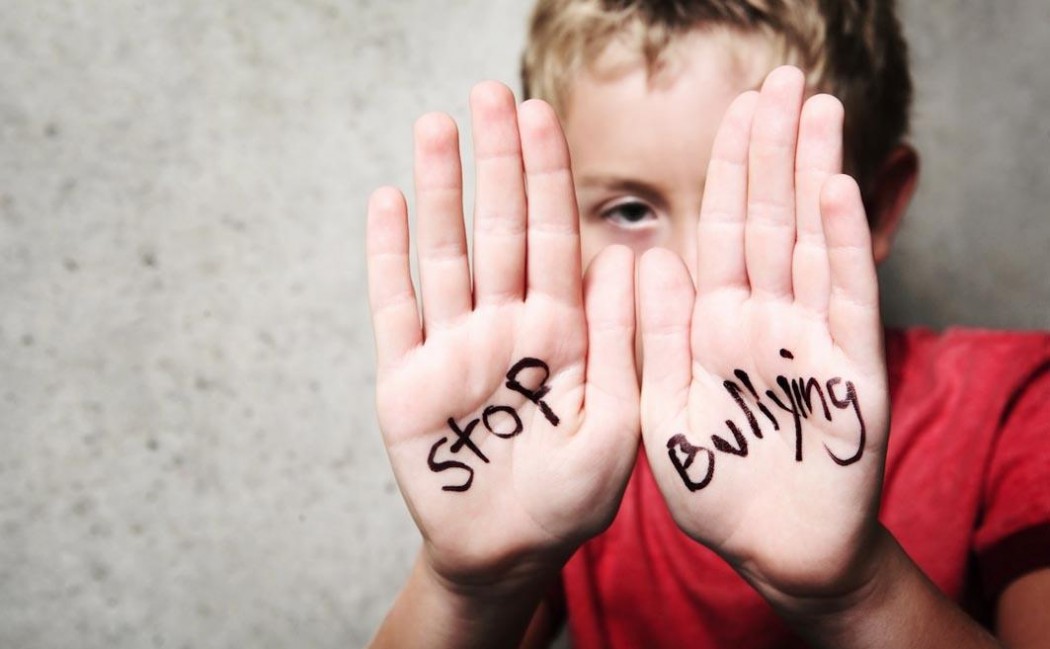A generation or two ago, parents viewed schoolyard bullying as little more than a childhood right of passage. But bullying is not what it once was. Victims of bullying are between 200% and 900% more likely to try to kill themselves. One recent study even found that bullying exacts a greater toll on children than either abuse or neglect at the hands of caregivers. With more than 30% of children victimized by bullies each year, parents need to take the issue seriously and act quickly if they suspect their child is being bullied.
Preventing Bullying
Bullying is far easier to prevent than to stop, so every parent should check to ensure their child’s school has a clear anti-bullying policy. Talk to your child frequently about the perils of bullying, and ask your child’s school to continue these lessons in class. Some other steps you can take include:
- Helping your child nurture social skills by engaging her in substantive discussions, scheduling playdates, and helping her become involved in extracurricular activities.
- Aiding your child to fit in. No child needs the latest, greatest trends, but allowing your child to dress like his peers can help him avoid becoming a target.
- Nurturing a strong sense of self-esteem, which can make your child an unattractive target to bullies, not to mention help her bounce back more quickly if she is bullied.
- Offering your child unconditional love and affection; doing so encourages him to come to you if he is ever bullied.
How to Tell Your Child is Being Bullied
The majority of bullying victims never tell their parents, no matter how bad or frightening the bullying is. Fostering open communication with your child, nurturing a loving and empathetic environment, and actively soliciting feedback from your child can all help you nurture a relationship that increases the odds your child will tell you if she is being bullied. Some signs that your child is being victimized include:
- Returning home with bruises or scratches
- Resistance to going to school or school events
- New or worsening depression or anxiety
- Increased fearfulness
- Social isolation. Bullied children might not bring friends home or go to other children’s birthday parties.
- Changes in personality
- Changes in grades
- Seeming agitated after getting off of the computer or smartphone; this points toward cyberbullying.
Support for Bullied Children
If your child is being bullied, you cannot singlehandedly reverse the damage such bullying causes. You can, though, work to create a safe and supportive home environment. Don’t bully your child by yelling at or belittling him, and never blame him for the bullying—even if you think there’s something he’s doing that contributes to the issue. Instead, provide loving reassurance and support, and encourage your child to pursue his interests in the safety of his own home. Bullied children often retreat into a shell of shyness and anxiety, so providing a home environment that feels safe can help your child continue learning, growing, and nurturing a sense of creativity, even when bullies try to snuff out these tendencies.
How to Stop Bullying
It’s not easy to stop bullying, and sometimes it makes thing worse if a parent intervenes. It’s best to begin by talking to the school, since most schools are already required to have an anti-bullying policy. If the school is unable to remedy the problem, it’s time to take things into your own hands. Consider contacting the parents of the bully and working together to come to an amicable resolution. Many parents are simply unaware that their children are bullies.
If you’re unable to protect your child at school, you may need to move her to a different school. This might seem like a drastic measure, but the effects of bullying can resonate for the duration of your child’s life. This is a serious problem, and serious problems demand swift and dramatic action.
